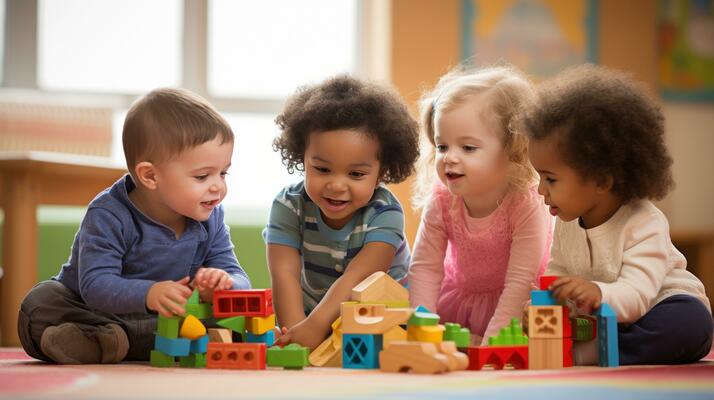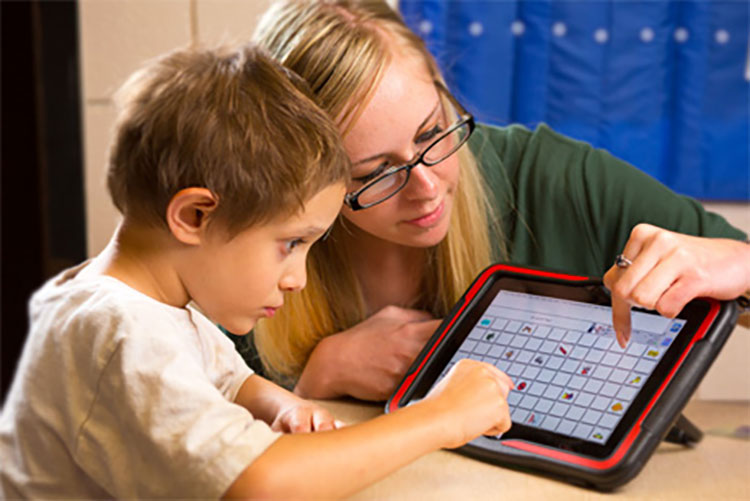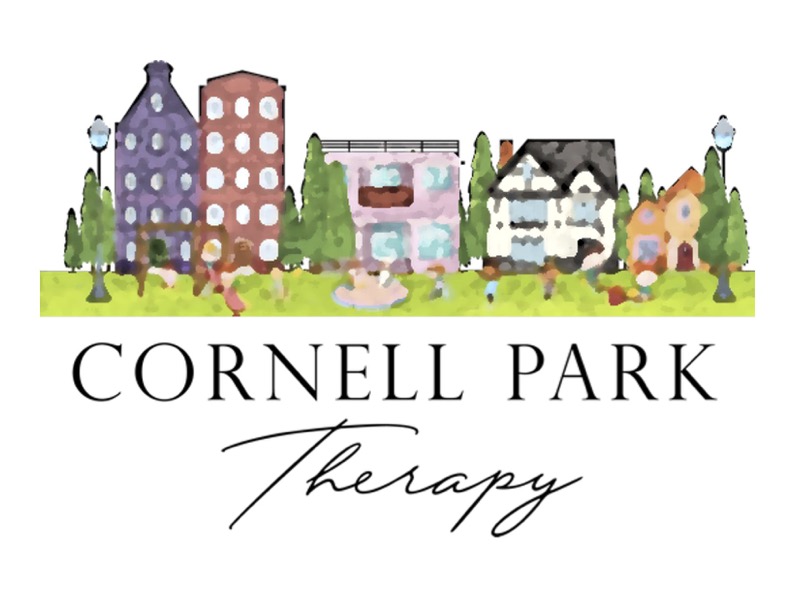
Why is Teaching Social Skills so Important?
Here are some reasons why it is important for a child with Autism to learn Social Skills:
1. Improving Communication: Children with autism often struggle with communication, they may not know what to say or may not understand the way other communicate. Social skills training helps them learn how to express themselves more effectively and understand others’ communication cues, which can significantly enhance their interactions with peers and adults.
2. Building Friendships: Developing social skills enables children with autism to form and maintain friendships. This is important for their emotional and psychological well-being, as positive social interactions contribute to a sense of belonging and self-esteem.
3. Enhancing Understanding of Social Rules and Norms: Social skills training teaches children with autism about social rules, norms and expectations, such as taking turns in conversation, understanding personal space, and recognizing and responding appropriately to others’ emotions. This understanding helps them navigate various social situations more successfully.
4. Reducing Behavioral Issues: Social skills training can help reduce inappropriate behaviors that stem from misunderstandings or frustration in social contexts. By learning appropriate ways to interact and communicate, children with autism are less likely to experience anxiety or meltdowns in social settings.
5. Increasing Independence: As children with autism develop better social skills, they gain more independence. They become more capable of handling social interactions in school, community activities, and eventually in the workplace, leading to a higher quality of life.
6. Academic Success: Good social skills are linked to better academic performance. Children who can interact well with their peers and teachers are more likely to participate in classroom activities, collaborate on group projects, and seek help when needed.
7. Building Confidence: Mastering social interactions boosts the confidence of children with autism. When they feel more competent in social situations, they are more likely to engage in a wider range of activities and pursue their interests.
8. Preventing Social Isolation: Without adequate social skills, children with autism are at risk of social isolation. Social skills training helps them connect with others, making it less likely that they will feel lonely or excluded.
Overall, social skills training equips children with autism with the tools they need to navigate a social world more comfortably and effectively, enhancing their overall development and quality of life.
Learn More
6 More Ways to Help Teach Social Skills to Kids with Autism
If you read our previous post on 6 Ways to Help Teach Social Skills to Kids with Autism and found it useful, you may want to keep reading. Here are 6 More Ways to Help Teach Social Skills to Kids with Autism.
- Joint Attention Skills: Teaching joint attention skills, such as sharing attention and focus with others, can improve social interactions and enhance the child’s ability to engage in reciprocal play. Please do not force eye contact. Some children have trouble with eye contact, and asking them to look into a person’s eyes is not the best approach. As long as they acknowledge the person by looking their way or looking at some other part of the face, that’s great!
- Emotional Regulation: Helping children with autism understand and regulate their emotions is essential for social success. Techniques like emotional labeling and mindfulness can be beneficial.
- Social Narratives: Social narratives or stories that explain social situations and appropriate behaviors can be used to prepare children for social interactions and reduce anxiety.
- Social Playgroups and Inclusion: Encouraging children with autism to participate in social playgroups and inclusive settings can provide opportunities for social practice and interaction with peers.
- Parent and Caregiver Training: Teaching parents and caregivers strategies to support social development at home can reinforce the skills learned in therapy or school settings.
- Individualize Your Approach: Recognize that every child with autism is unique, and interventions should be tailored to their specific strengths and challenges. Assess their individual needs and preferences to develop effective strategies.
Once again, it’s important to note that interventions should be evidence-based and conducted by trained professionals who specialize in autism spectrum disorders. Additionally, consistent and ongoing support is often necessary to help children with autism generalize their social skills across various settings and contexts.
Please enquire about our Early Learner Play Groups: We teach parents how to teach communication, play and social skills to young children with Autism.
Learn More
6 Ways to Help Teach Social Skills to Kids with Autism
Teaching social skills to young children with autism is crucial for their social and emotional development. Research findings suggest several effective strategies and principles for helping children with autism improve their social skills:
- Early Intervention: Early intervention is key to improving social skills in children with autism. Starting interventions as early as possible increases the likelihood of positive outcomes.
- Begin wtih Structured and Predictable Environments: Providing a structured and predictable environment helps children with autism feel more comfortable and secure, which can facilitate social interactions.
- Visual Supports: Visual supports, such as visual schedules, social stories, and visual cues, can help children with autism better understand social situations and expectations.
- Social Skills Training: Targeted social skills training programs can teach specific social skills through explicit instruction and practice. These programs often use techniques like role-playing, modeling, and video modeling.
- Peer-Mediated Interventions: Involving typically developing peers in social activities can help children with autism learn social skills in a naturalistic setting. These peer interactions can promote socialization and inclusion.
- Communication Training: Many children with autism struggle with communication, which can hinder social interactions. Speech and language therapy can help improve communication skills, facilitating social engagement.
It’s important to note that interventions should be evidence-based and conducted by trained professionals who specialize in autism spectrum disorders. Additionally, consistent and ongoing support is often necessary to help children with autism generalize their social skills across various settings and contexts.
Please enquire about our Early Learner Play Groups: We teach parents how to teach communication, play and social skills to young children with Autism.
Learn More
What is AAC and Why is it Important to the Nonspeaking Child.
We all want our children to be able to talk and tell us what they want, how they feel and be able to have a conversation with us and their brothers and sisters. This is a normal wish all parents have for their children.
When an SLP, however, offers the family of a nonspeaking child the use of an AAC (Augmentative and Alternative Communication device) such as an iPad with a special picture-based communication software, parents are often reluctant to have their children use these devices, believing that if they give their child an AAC device, their child will never develop Speech.
Research shows this is not correct. In fact, research shows that an AAC can actually help a child develop Speech, when they also receive Speech Therapy.
How does this happen? How can an AAC device help a nonspeaking child develop speech?
Speech is in part, the product of the functioning of the brain. When the brain is not used to communicate, the areas of the brain that normally produce speech, become smaller and smaller as time goes by. Giving a nonspeaking child an AAC device so they can learn new words, learn how to string those words into sentences, learn the steps to gain a person’s attention to communicate their needs, wants, their comments and thoughts – all this, develops their brain in ways that protect the language and communication parts of the brain from getting smaller and weaker.
When a child has the ability to communicate, either through an AAC device, Sign Language, or verbally, they are protecting and developing the Language and Communication parts of the brain. For many children having these brain areas in good health, helps them develop vocal speech. Without these tools that give nonspeaking children a voice to express themselves to the world, we would not be able to give these kids a fighting chance to developing vocal speech.
So, the next time you think about AAC, remember: Augmentative and Alternative Communication is a good thing.
Learn More